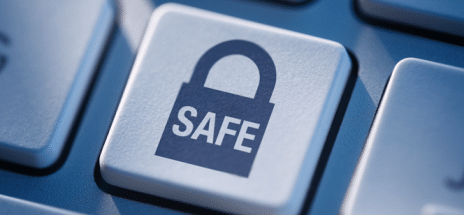HOW TO STAY SAFE ON THE INTERNET

Especially with the ubiquitous nature of social media, internet devices and ever-present email services (read Gmail), the internet could appear sometimes to be a benign place. We think we’re anonymous when we’re on the internet, just because we’re sitting by ourselves in our room and talking to a machine – or so we think. But the reality is that our machines are windows to the outside world, and going online is very much like stepping out onto the street. The cloak of anonymity that you think you wear is wafer thin, and sometimes even invisible. Here we look at some common-sense practices that you can use to stay safe on the internet:
• Use strong passwords for your email service, and don’t repeat passwords between your email and your social networking websites. The more unique passwords you have, the better it is. If you have trouble managing and remembering all these passwords, use a tool like password manager.
• Set up two-step verification on your email. Once it is set up, you will be required to not only sign in with your credentials, but also key in a security code that your email service will generate and send to your phone. This is an extra level of security in case your account gets hacked.
• Keep personal life and professional life separate on social media. Self-censorship is the best censorship. Always assume that the whole world is reading what you write, even if you’ve set up your profile so that only friends can see your posts. A lazy brag or an unhealthy rant about your boss or workplace could put you in hot water.
• Do not automatically trust origins of posts on social media sites, especially if a request comes from your friend’s profile requesting for personal information. Always check with the friend in question through a phone call or other offline means whether he made such a request. This is because social media profiles can be hacked quite regularly.
• Always be sceptical and wary of friend requests from people you don’t know in the ‘real’ world. As a rule, make a habit of periodically going through your friends’ list and removing those you do not recognise.
• Beware of what links you’re clicking on and what apps you’re downloading to your machine. Many of today’s applications request your ‘permission’ to access your Facebook profile and contacts data. Be extremely sensitive to such apps, and engage in such behaviour only if absolutely necessary.





